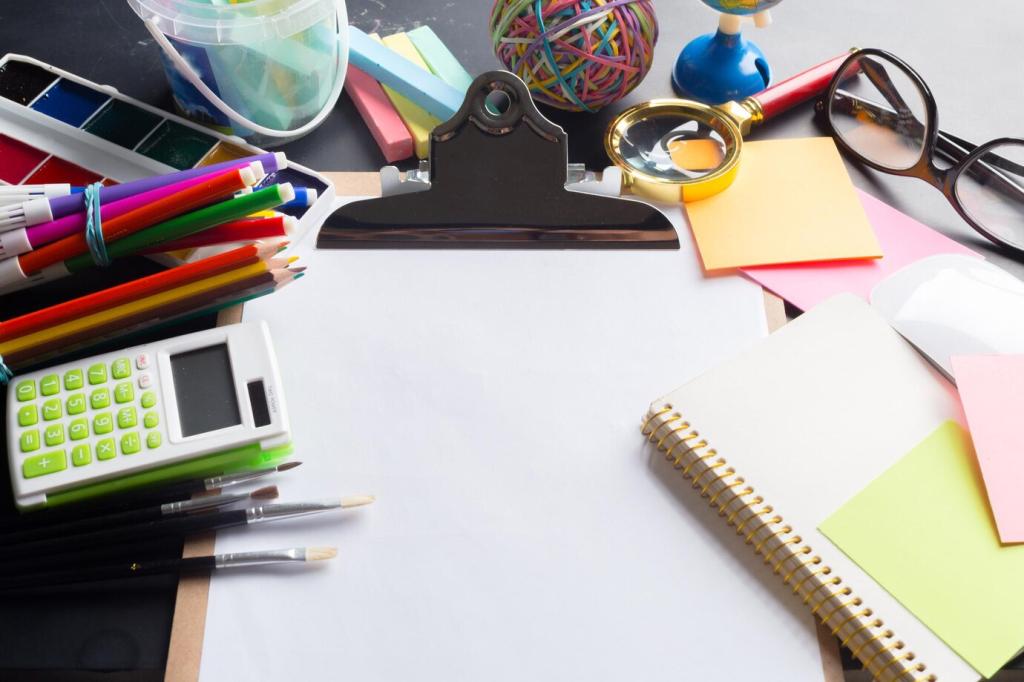Finding Answers: Practical Research with Multiple Encyclopedias
Open two or three encyclopedias simultaneously. Capture shared facts, then highlight divergences. Differences often signal contested dates, terminology, or schools of thought—clues that your topic lives within a richer scholarly conversation.
Finding Answers: Practical Research with Multiple Encyclopedias
Follow internal links, ‘see also’ trails, and bibliographies. Treat each reference as a breadcrumb leading toward primary sources or specialized works. This habit turns brief entries into pathways for sustained, informed exploration.

